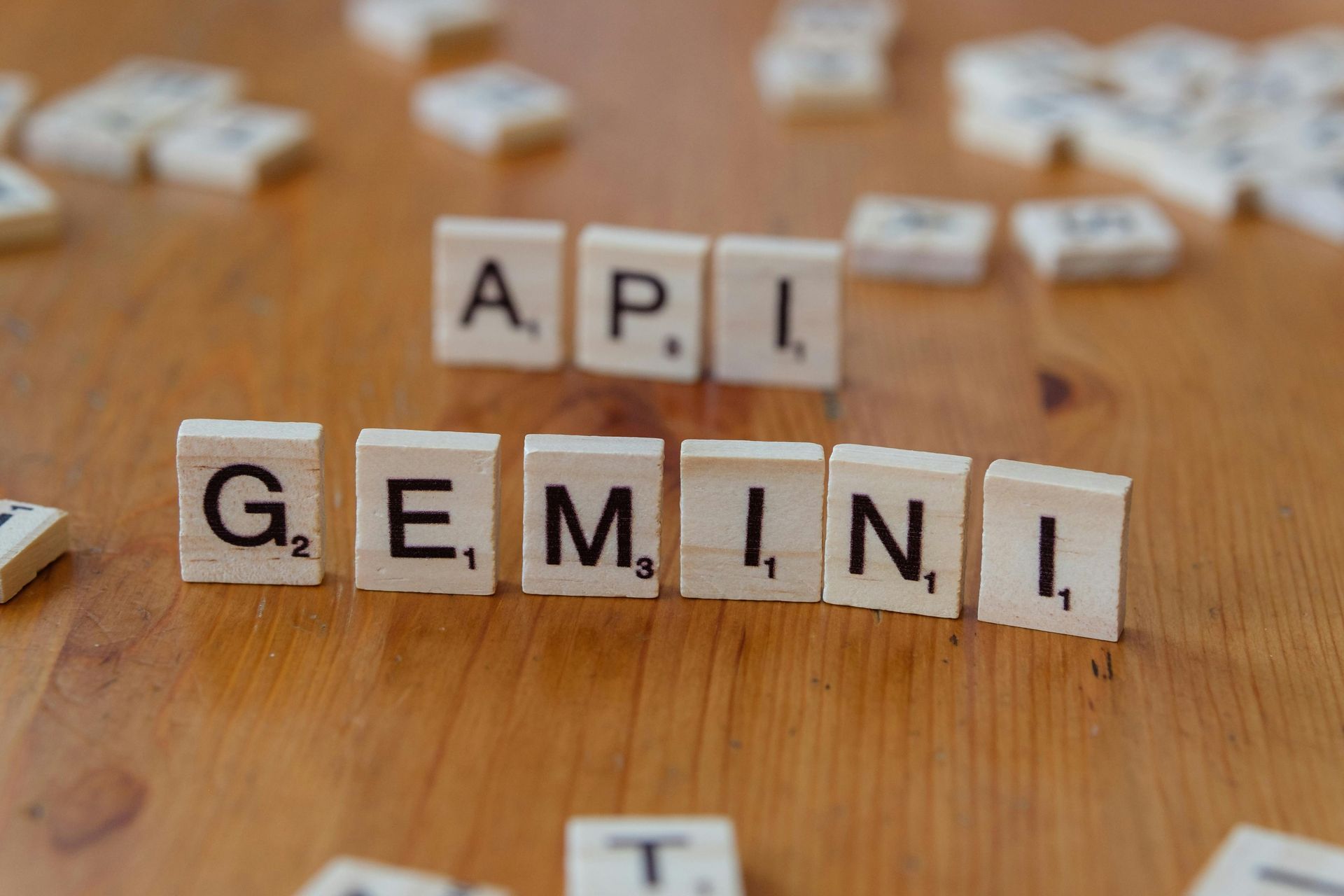Google Adwords Match Types
Knowing the Difference Could Save You Thousands

Google Adwords can be one of the most powerful tools in your business's digital marketing arsenal. No advertising platform has the potential to reach an audience as wide and as deep as does Google Adwords. The potentially immense exposure offered by Adwords is a double-edged sword. Used effectively it can help you build your business. Used inefficiently it can cost you thousands of wasted dollars by putting your ad in front of non-buying searchers.
"The potentially immense exposure offered by Adwords is a double-edged sword"
Understanding the differences between, and the proper use of, Adwords match types is a critical factor in effectively harnessing the power of Google Adwords. Match types are one of the criteria by which Google determines to whom your ad will be displayed and it is a basic setting in the process of creating an Adwords campaign. The three match type options are:
- Broad match
- Phrase match
- Exact Match
How Match Types Work
"If your intention is to sell running shoes, the barefoot runner is not the audience you hope to reach."
Broad match selection tells Google to display your ad to anyone searching using your keywords regardless of their specified order and combination. For example, if your keywords are " running shoes ", broad match selection could result in your ad being displayed to searchers using the search query "Should I try running without shoes ?" As may be obvious, if your intention is to sell running shoes, the barefoot runner is not the audience you hope to reach.
Phrase Match selection tells Google to display your ad to anyone searching using your keywords, but only if the keywords are in the specific order you have designated. In the previous example, the search query "Should I try running without shoes ?" would not result in the ad being displayed under Phrase match criteria because the keywords " running " and " shoes " were not in the specified order of " running shoes ". The ad could, however be displayed to someone searching with: "the history of running shoes for horses". Though broad match helps eliminate Adwords spend on some non-buying searchers, it may still result in some ineffective spending.
Exact Match selection tells Google to display your ad only to those who use your specific keywords, in their specified order and not in combination with any other word. In the example of " running shoes " the ad would be shown only to those searchers using the specific search term "running shoes" and those words only. Barefoot runners and horse racing historian searchers would not be shown your ad. Exact match provides you the greatest control over to whom your ad will be displayed.
There are many other factors that determine how and when your Adwords ad will be displayed on Google's Search Engine Results Page (SERP), some are subtle and some are difficult to control, however, selecting the right match type is a strong influencer on how well Adwords will work for you. To learn more about match types visit Google's Adwords Help Page.












